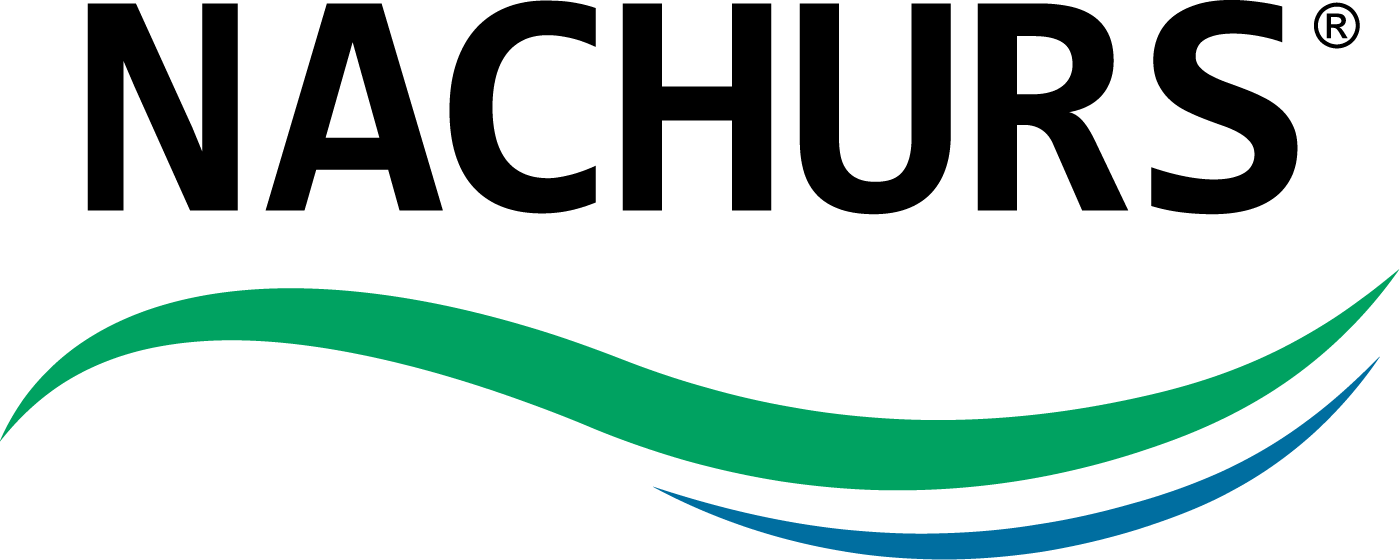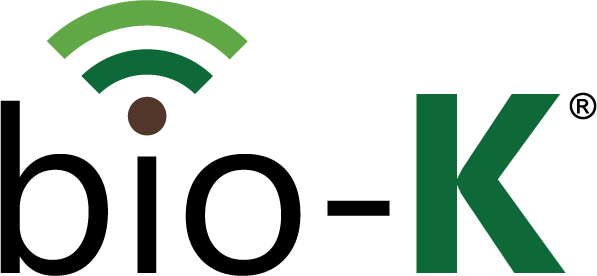Good Golly Miss Moly... and Cousins Cal and Bo
We know from Liebig’s Law of the Minimum that maximum plant growth and development is only as possible as the least available plant nutrient. A balanced fertility program in both the soil and plant provides the greatest yield opportunity. We are very familiar and comfortable with NPK, sulfur and zinc. But how much attention do we pay to molybdenum, boron, and calcium requirements and their plant benefits? Each of these 3, fairly inexpensive micronutrients can yield big profits when applied and used effectively. Molybdenum (Mo) plays a strategic role in nitrogen metabolism in nearly ALL crops. In nitrogen fixing plants such as soybeans, peanuts and other legume crops, when molybdenum is deficient these plants may not nodulate well enough to fixate the required nitrogen levels to support plant growth. In most crops, the preferred uptake form of nitrogen is generally the nitrate form, however, the ammonium form provides the activity generated from the nitrogen source. To get from the uptake form (nitrate) to the usable form (ammonium) the nitrate must go through two phases of transformation within the plant. In the first phase of nitrogen reduction, the nitrate is acted upon by the enzyme nitrate reductase and this enzyme is constructed, in part, from the molybdenum molecule. Simply put, any crop that takes up nitrate must rely in some manner on the molybdenum molecule to convert the nitrogen source to a form that can facilitate the activity in the plant. There are studies that suggest adding molybdenum when soil pH is less than 5.7, some recommend Mo at pH 6.2. This particular micronutrient is very cost effective, in that it is inexpensive and very little is needed to make a big impact. It is especially beneficial and efficient when added to NACHURS liquid NPK at the manufacturing plant, making it easy to apply with liquid fertilizer in both in furrow starters and foliar applications. It does not take much to have a big impact on production. Another micronutrient that is cost effective in furrow is calcium (Ca). We have many customers who add 1 pt of NACHURS EDTA 3% Ca in furrow with their NPK starter. It is important to know you MUST use an EDTA Ca when mixing with our orthophosphate. Calcium is critical to building cell walls, stimulating root growth, vigor and stalk strength, as well as, supports a healthy rhizosphere for the soil microbiology. Calcium also plays an important role in nodulation. Calcium does not move much in a plant when foliar applied so in furrow is the best place. It is perfect for peanut producers who add NACHURS NPK starter to their liquid inoculant… include a pint of NACHURS EDTA 3% Ca and add a touch of Moly to the NPK mix and expect a nice ROI. Finally, boron (B) is more familiar to the industry. It is a good practice to foliar apply small amounts at different growth stages, especially flowering. Boron does not translocate long distances within the plant thus making multiple small applications a prudent practice. Boron contributes to starch production, flower initiation and retention, seed development, carbohydrate production, pollen construction and maturation and nitrogen metabolism. When paired with Zinc it will support auxin production which acts as a growth promoter. So in summary: “Miss Moly” along with cousins “Cal” and “Bo” will contribute very positive and dramatic results for very little investment and are very easy to apply. If you are interested in including moly and/or calcium in your nutrient program, NACHURS can add both to the NPK blend at the plant, making it very easy to receive and apply. Credits: Albion Minerals Plant Nutrition Newsletter, Northstar Genetics John Dietz, & Jay Castleman NACHURS CCA and all around good guy
Molybdenum (Mo) plays a strategic role in nitrogen metabolism in nearly ALL crops. In nitrogen fixing plants such as soybeans, peanuts and other legume crops, when molybdenum is deficient these plants may not nodulate well enough to fixate the required nitrogen levels to support plant growth.
In most crops, the preferred uptake form of nitrogen is generally the nitrate form, however, the ammonium form provides the activity generated from the nitrogen source. To get from the uptake form (nitrate) to the usable form (ammonium) the nitrate must go through two phases of transformation within the plant. In the first phase of nitrogen reduction, the nitrate is acted upon by the enzyme nitrate reductase and this enzyme is constructed, in part, from the molybdenum molecule. Simply put, any crop that takes up nitrate must rely in some manner on the molybdenum molecule to convert the nitrogen source to a form that can facilitate the activity in the plant.
There are studies that suggest adding molybdenum when soil pH is less than 5.7, some recommend Mo at pH 6.2. This particular micronutrient is very cost effective, in that it is inexpensive and very little is needed to make a big impact. It is especially beneficial and efficient when added to NACHURS liquid NPK at the manufacturing plant, making it easy to apply with liquid fertilizer in both in furrow starters and foliar applications. It does not take much to have a big impact on production.
Another micronutrient that is cost effective in furrow is calcium (Ca). We have many customers who add 1 pt of NACHURS EDTA 3% Ca in furrow with their NPK starter. It is important to know you MUST use an EDTA Ca when mixing with our orthophosphate. Calcium is critical to building cell walls, stimulating root growth, vigor and stalk strength, as well as, supports a healthy rhizosphere for the soil microbiology. Calcium also plays an important role in nodulation. Calcium does not move much in a plant when foliar applied so in furrow is the best place. It is perfect for peanut producers who add NACHURS NPK starter to their liquid inoculant… include a pint of NACHURS EDTA 3% Ca and add a touch of Moly to the NPK mix and expect a nice ROI.
Finally, boron (B) is more familiar to the industry. It is a good practice to foliar apply small amounts at different growth stages, especially flowering. Boron does not translocate long distances within the plant thus making multiple small applications a prudent practice. Boron contributes to starch production, flower initiation and retention, seed development, carbohydrate production, pollen construction and maturation and nitrogen metabolism. When paired with Zinc it will support auxin production which acts as a growth promoter.












